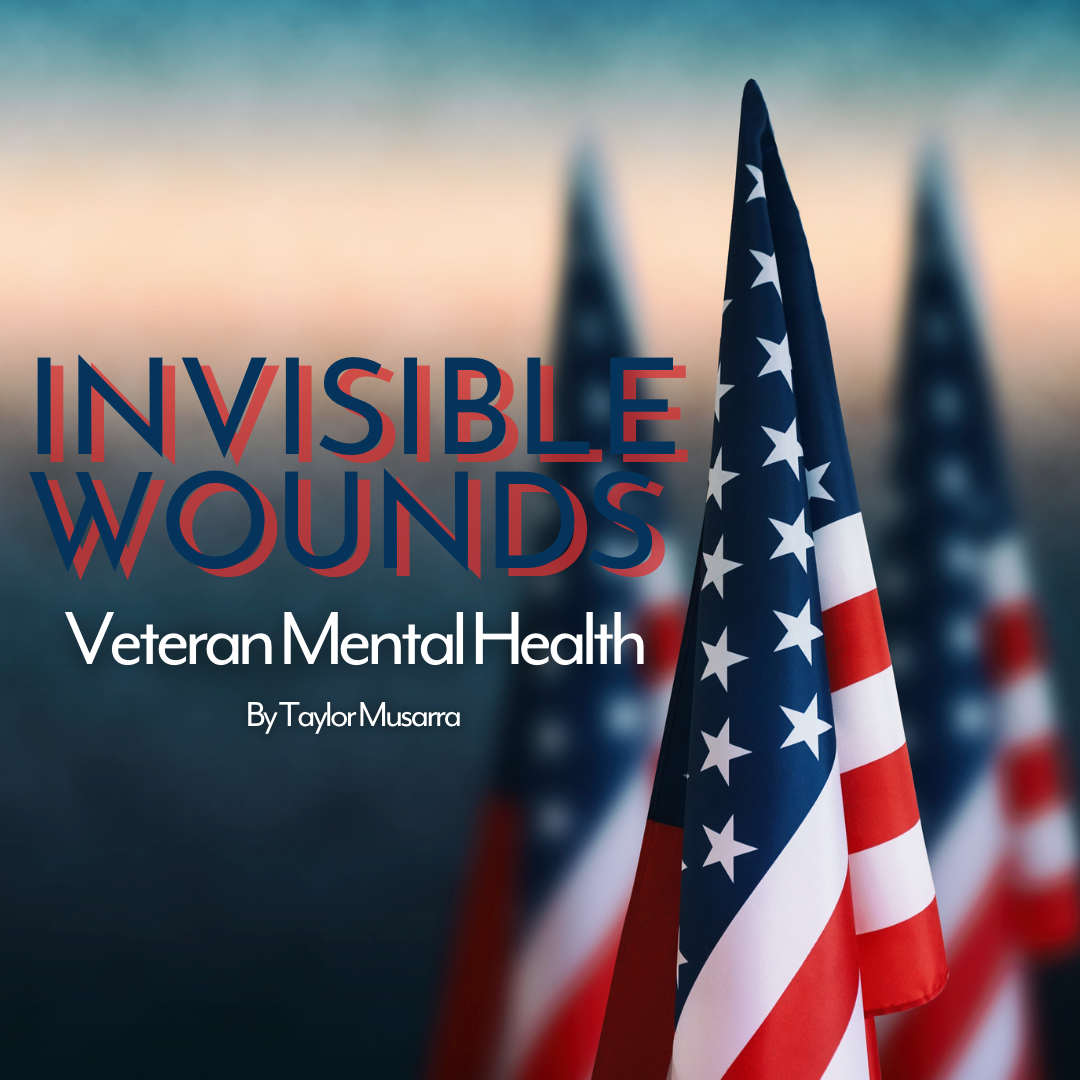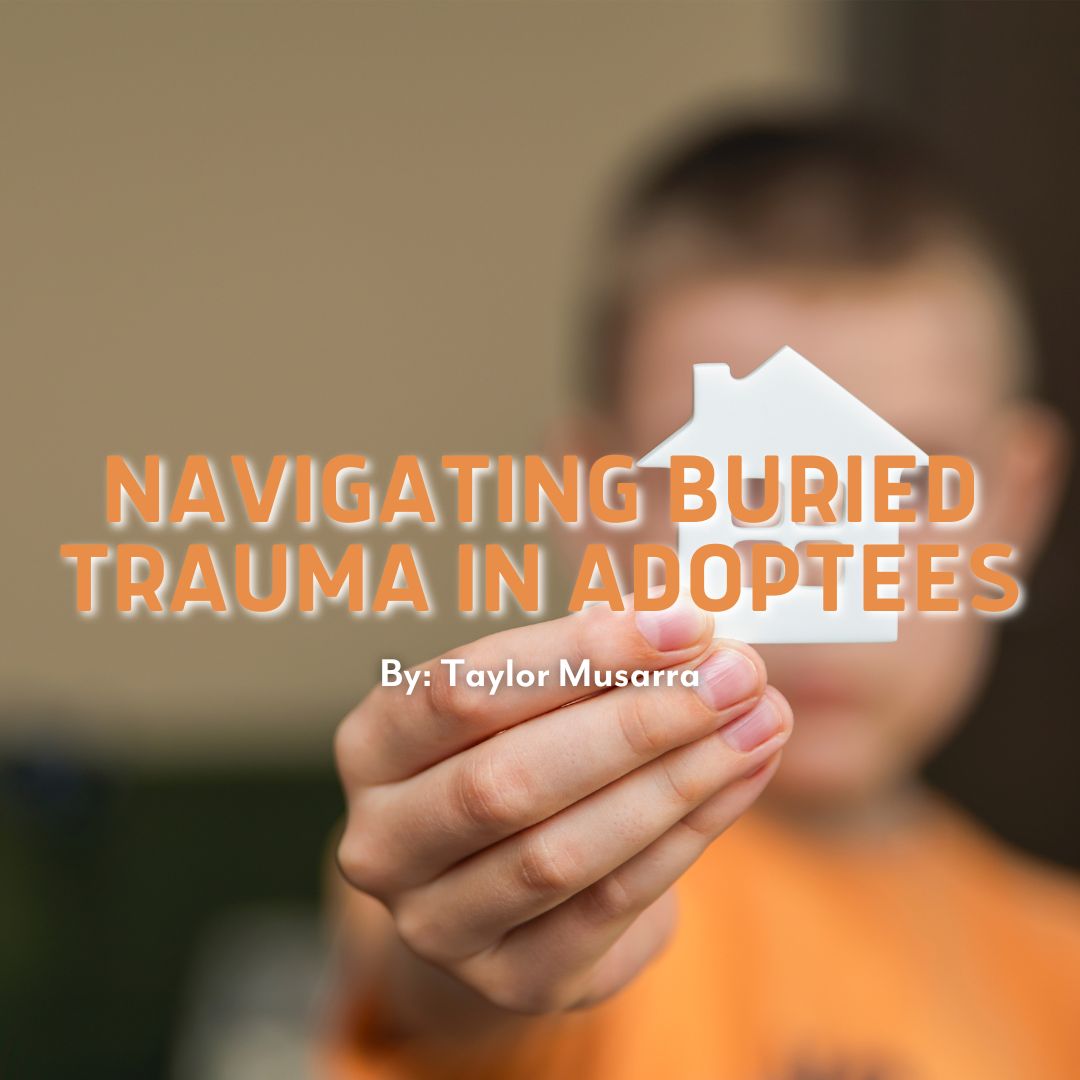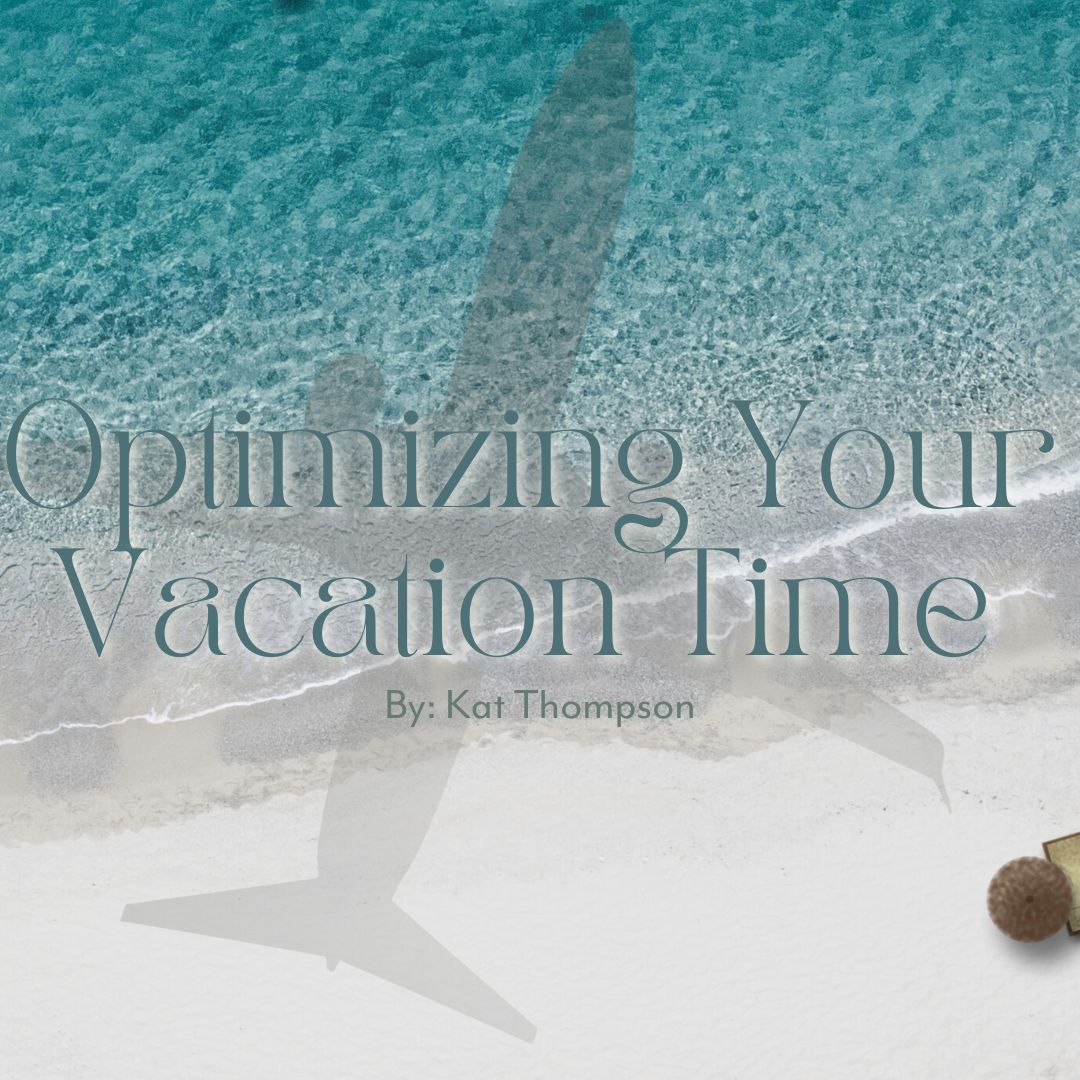Every 4th of July our country celebrates the birth and independence of our nation. But what we often forget is how our nation came to be and what was done to get us here. Let us not forget the war that our country faced (and is still facing) to remain free. Millions of people have answered the call to fight for our nation in the most unimaginable ways of war. But what happens when they have served their nation and it is time for them to come home? Our veterans may be seen as heroes to the average eye, but most of them feel far from a hero. So how can we help our veterans who mourn and face trauma instead of celebrate on this patriotic month?
When veterans return, they are never the same. Below are some facts and statistics that might help put into perspective what our veterans face when returning from active duty.
48% – Experience strains in their family
47% – Have outburst of anger
44% – Have trouble adjusting back to civilian life
5-39% – Have alcohol issues
19-23% – Have a traumatic brain injury
1 in 4 Active Duty Members – show signs of mental health conditions
1 in 3 Veterans – Experience post-traumatic stress disorder (PTSD)
Many veterans struggle with dealing and processing through their mental health issues when returning. Tragically more than 6,400 veterans die by suicide every year because their mental wounds are so deep and unaddressed. These numbers could be much lower if the proper resources and help were put in place. So, how do we help? There are many resources that are available to our veterans. However, 1 in 3 veterans feel like they don’t get the mental health services they need. Below are some ways that we can advocate and contribute to keep these resources available so that our veterans can get the help they need and deserve.
Organizations like the U.S Department of Veterans Affairs (V.A) aims to provide services and resources for our veterans. The V.A offers affordable health care and services for our veterans and can be accessible in many parts of the country.
The Wounded Warrior Project advocates and provides long-term rehabilitation services for veterans like retreats, therapy resources, and support networks for not just veterans but for their families as well. They provide numerous opportunities for civilians to help contribute to these services and resources for veterans by talking donations, organizing events, and educating others and advocating for veterans.
The Real Warriors Campaign is a resource site for active duty members, veterans, and military families that provide resources for mental health, substance use, transitions, and even finances and benefits. The Real Warriors Campaign seeks to help connect active duty members, veterans, and military families to helpful resources and people to aid in their healing journey.
Mission 22 is a veteran founded organization that provides personalized support and resources to help veterans and their families. They provide crisis resources as well as numerous free and long-term intensive programs for veterans and their families to help navigate their mental health journey. They partner with both veterans and therapists to educate and offer empathy and stories of experience and connection to help veterans and their families so they don’t have to walk though their struggles alone.
There are also numerous hotlines that veterans or even other individuals worried about a veteran can call. The Veterans Crisis Line is a confidential and free helpline that can help connect veterans to support and resources that they may need by texting, calling, or chatting online.
The Substance Abuse and Mental Health Services Administration is also a confidential and free helpline that can help families or veterans facing mental and/or substance use disorders.
Among the resources previously mentioned are other numerous options and services to help veterans. Donating to one of the organizations listed above would be a great start! It can be hard to empathize with a veteran if you haven’t gone through the same thing. That is why it is important that we help to connect them with others who do understand their pain and struggle. So during this month of celebration for our independence, let us not forget to do what we can to reach out and advocate on our veterans behalf who continue to make our independence possible.
Here at The Refuge Center, we aim to not only help veterans but help other individuals through the hard times and the struggles they may be facing. Our therapists are here to walk alongside you as you navigate your way through your healing journey. Whether veteran or civilian, The Refuge Center provides a safe shelter for all of those who seek to find healing and rest.
Blog written by Master’s Level Intern, Taylor Musarra
Kauffman, B., Angels of America’s fallen stands with families of veteran suicide. (November 8, 2021). https://aoafallen.org/angels-of-americas-fallen-stands-with-families-of-veteran-suicide/?gad=1&gclid=CjwKCAjw-vmkBhBMEiwAlrMeFzPRyqWX6hZ-hrInZLPyytLWLI2atHhrVLLZLvxCRia1-43pL_5qgRoCvq8QAvD_BwE
National Alliance on Mental Illness., Veteran’s & active duty. (n.d.). https://www.nami.org/Your-Journey/Veterans-Active-Duty
RAND Healthcare., Veteran’s Mental Health Issues. (n.d). https://www.rand.org/health-care/projects/navigating-mental-health-care-for-veterans/mental-health-issues.html




